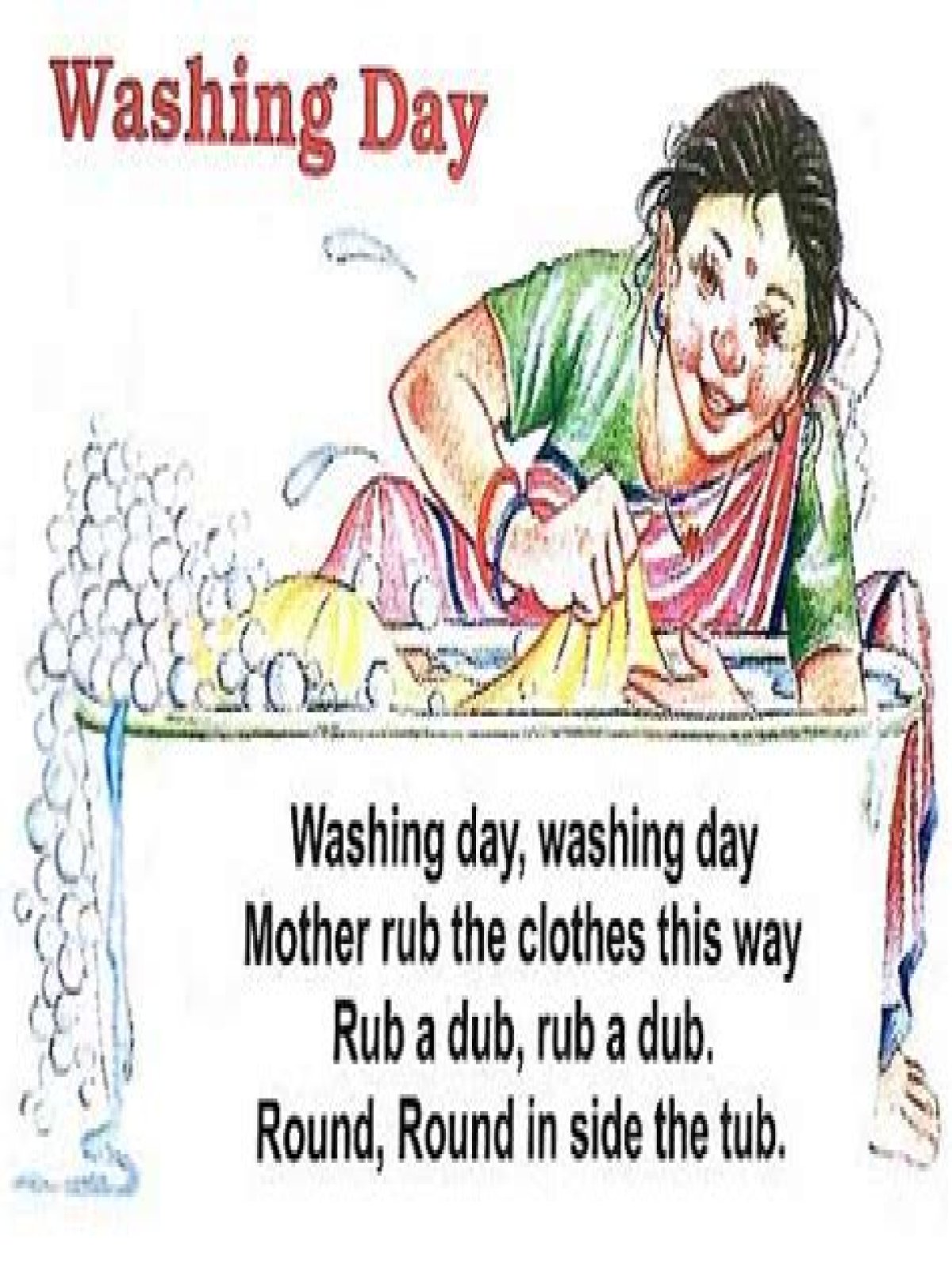What is washing day poem about?
What is washing day poem about?
The poem titled, “Washing Day” written by Anna Letitia Barbauld, explores through the day to day domestic household task and the events that are happening on washing day. Throughout the poem the author develops a theme of domestication of women to contrast with the ideals of feminism.
What type of poem is washing day?
Anna Letitia Barbauld – “Washing-Day” “Washing-Day” is a rather charming poem, using the Miltonian blank verse and mock-epic diction to describe the cataclysm that the washing-day used to be in the life of every household until not so long ago.
What are the Muses in washing Day?
This day is the “washing day,” a day when all the women in a community gather together to do their laundry. The child refers to the women as “Muses … turned gossips; [and] they have lost the buskined step” (1-2).
Is washing day a mock epic?
‘Washing-Day’ was written by Anna Laetitia Barbauld in 1797. The poem is written in a mock heroic epic format following an uneven iambic pentameter, with no end of line rhyming scheme.
What is the poem the mouse’s petition about?
Barbauld’s poem “The Mouse’s Petition” provides an entree to mid-century debate about scientific experiments on animals and animal “feeling” as well as to the dynamics of science and gender in Barbauld’s work.
Who is the goddess of literature?
the Muses In ancient Greek religion and mythology, the Muses (Ancient Greek: Μοῦσαι, romanized: Moûsai, Greek: Μούσες, romanized: Múses) are the inspirational goddesses of literature, science, and the arts.
What is the theme of the mouse’s petition?
What is a summer evening’s meditation about?
In “A Summer Evening’s Meditation,” Anna Barbauld describes an imaginary journey across the universe in which the speaker aims to link the creative energy in human beings to the divine act of creation recorded in Genesis.
Who is the most intelligent god?
Hindu mythology
- Saraswati, goddess of knowledge, creativity and speech.
- Ganesha, god of knowledge, intellect and wisdom and patron of arts and sciences.
- Brihaspati, Guru of the gods, bestower of knowledge and eloquence.
- Shukra, Guru of the demons, bestower of knowledge.
Who is the god of dreams?
Morpheus Mythology – Krewe of Morpheus. Morpheus, The Primordial Greek god of dreams. He shaped and formed the dreams, through which he could appear to mortals in any form. This talent made Morpheus a messenger of the gods able to communicate divine messages to sleeping mortals.
When was the mouses petition written?
1773 In 1773 Anna Laetitia Barbauld published a poem called “The Mouse’s Petition.” The poem was written from the point of view of a mouse who had been captured in the home of Barbauld’s friend, the renowned natural philosopher Joseph Priestley.
Who is the sultry tyrant of the South in a summer evening’s meditation?
This aligns with some of what we have read in class, in its connection to dreams. But at the same time the poem seems to reject some typical premises of symbolism in this choice; for example, the speaker calls the sun “the sultry tyrant of the south” and speaks on “the gaudy hours of noon” (1, 21).
